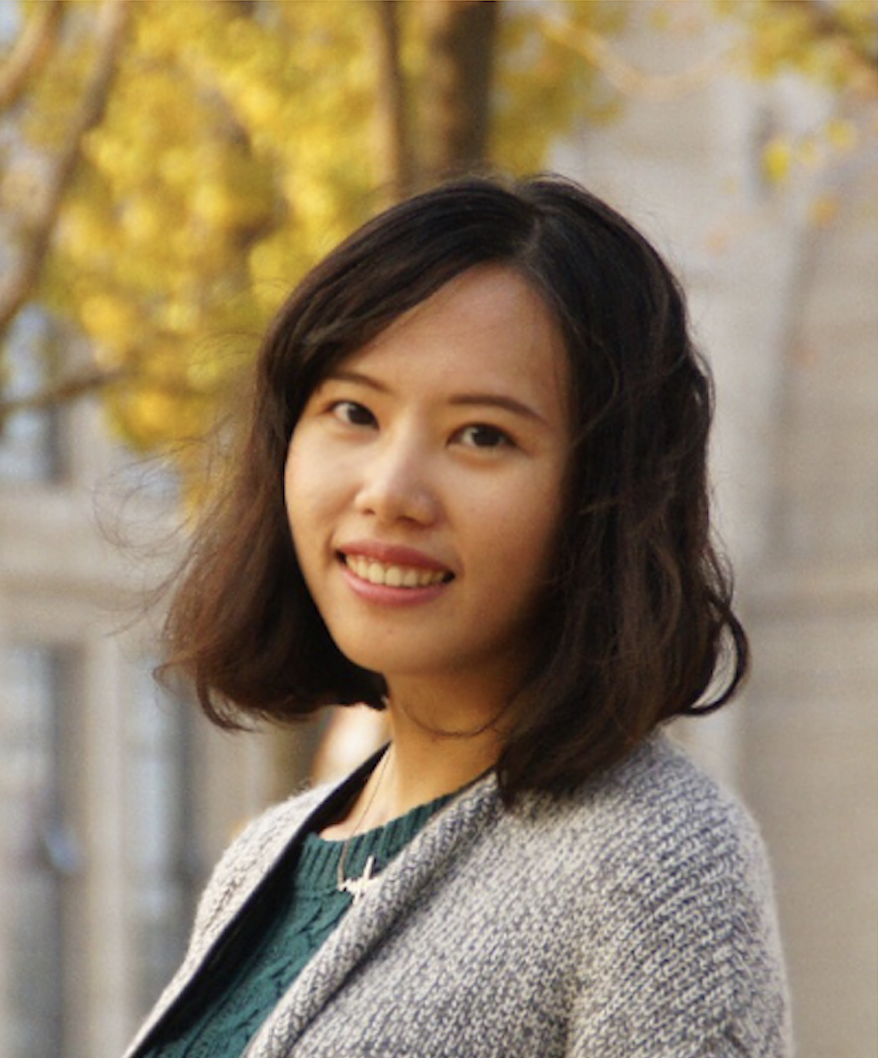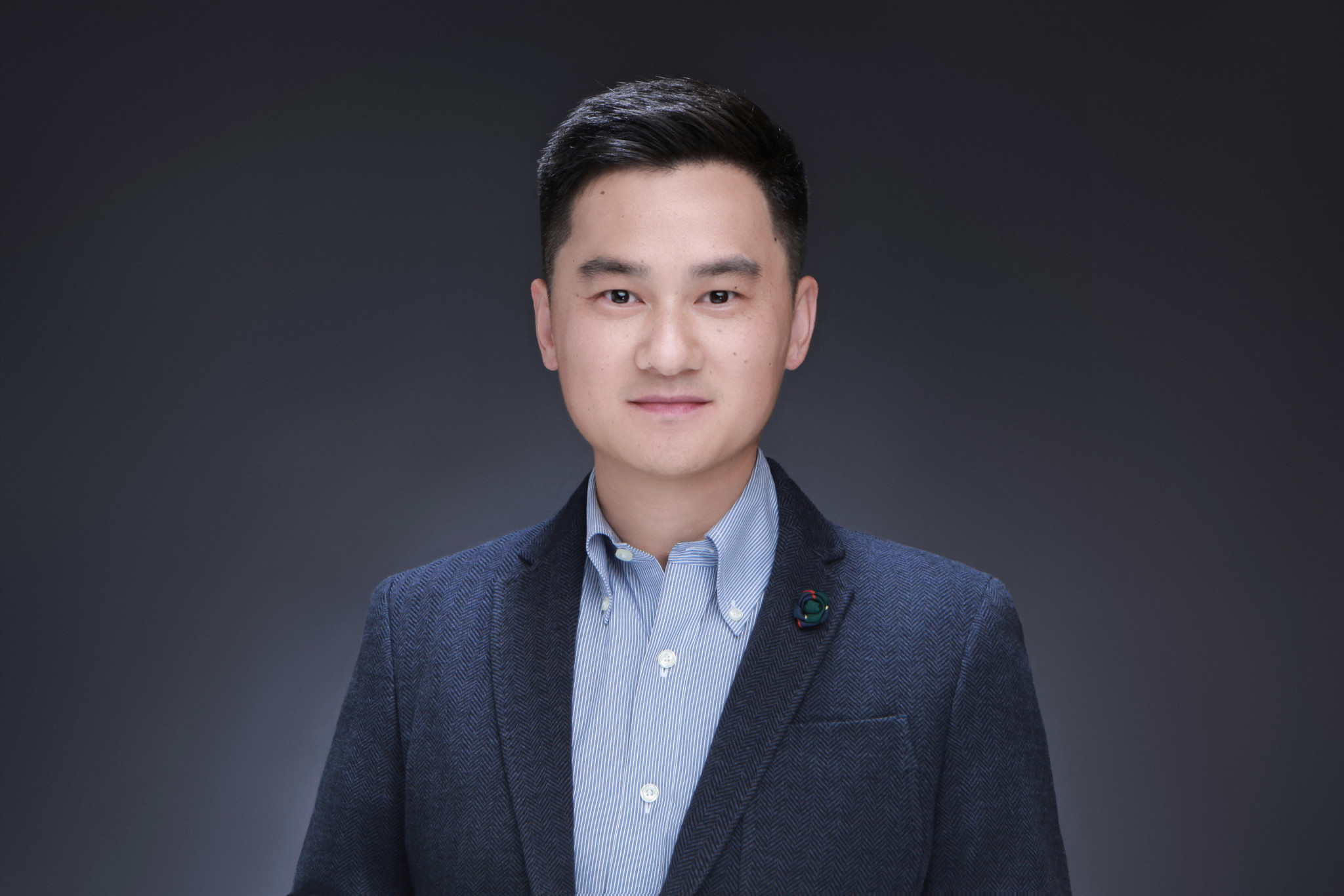Dr. Lin SONG
25/04/2024 (Thursday) 13:00-14:00 E21B-G002 Thinking "Sissiness" through Trans/national Masculinities in Contemporary China Abstract: Based on a recent paper co-authored with Prof. Tingting Liu (Jinan University), this talk discusses China’s recent “sissy ban” by situating discourses of sissiness and sissyphobia in a field of complex and competing discourses amidst rising nationalist sentiments and










